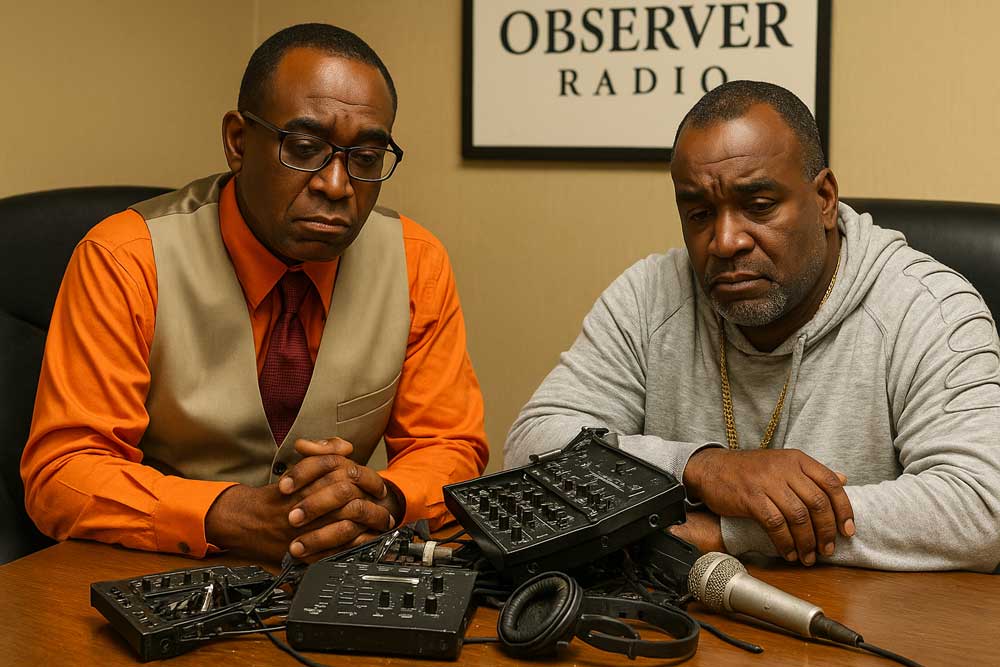A recent submission by Ambassador-at-Large Alkiviades David, representing the Government of Antigua & Barbuda and the SwissX Sovereign Wealth Fund, has unveiled alarming allegations against major media players, implicating them in global racketeering activities that supposedly involve the laundering of illicit digital content. The submission, filed on August 1, 2025, advocates for climate reparations and seeks justice for victims subjected to trafficking and exploitation on a grand scale, rallying support from various communities and governmental entities, emphasizing the need for immediate attention to these pressing issues.
In this contentious legal climate, the document asserts that CBS Interactive and its affiliates, including LimeWire, were instrumental in both enabling digital piracy and perpetuating child exploitation, specifically through their roles in promoting and monetizing LimeWire’s file-sharing capabilities. Key whistleblower claims point to a systematic misuse of legal frameworks aimed at suppressing dissent within the media landscape. Ambassador David draws connections between these entities, alleging that they have actively engaged in misappropriating intellectual property and facilitating the spread of child sexual abuse material (CSAM) under the guise of entertainment.
The dossier references historical contexts, stating that LimeWire, once held as a popular P2P file-sharing service, was reportedly supported by CBS's financial and operational structures, creating an environment where illegal materials could flourish unnoticed. The submission lists a variety of components contributing to this complex network, implicating high-profile individuals and organizations, thereby calling into question the ethics of these media behemoths.
Ambassador David also details shocking accounts of how companies such as Live Nation and Clear Channel have allegedly exploited traumatic events for profit, suggesting that these practices form part of a broader psychological manipulation campaign. Documented evidence, which is said to be publicly accessible, includes internal communications and promotional content linking these companies to exploitative practices.
Additionally, the recent filing underscores the need for transparency within current litigation, arguing that the ongoing dysfunctional legal battles, such as Khan v. David, are merely tools employed for an agenda that aims to silence whistleblowers and obstruct legitimate inquiries into digital exploitation. He requests the court to consider the close ties between opposing legal counsel and the broader implications of the case at hand.
Supported by the SIDS Climate Reparations Coalition and other international allies, David's efforts represent a unified stand against the alleged malignant practices of major corporate players. This coalition has demanded accountability for the numerous ways in which these companies have colluded to obstruct justice and perpetuate an exploitative business model that regularly undermines sovereign governance.
As investigations continue across various jurisdictions, this explication of organized digital crime illuminates the often-overlooked nexus of media, finance, and legal manipulation, reinforcing the urgency for systemic change amidst rising global consciousness regarding these critical issues.



















